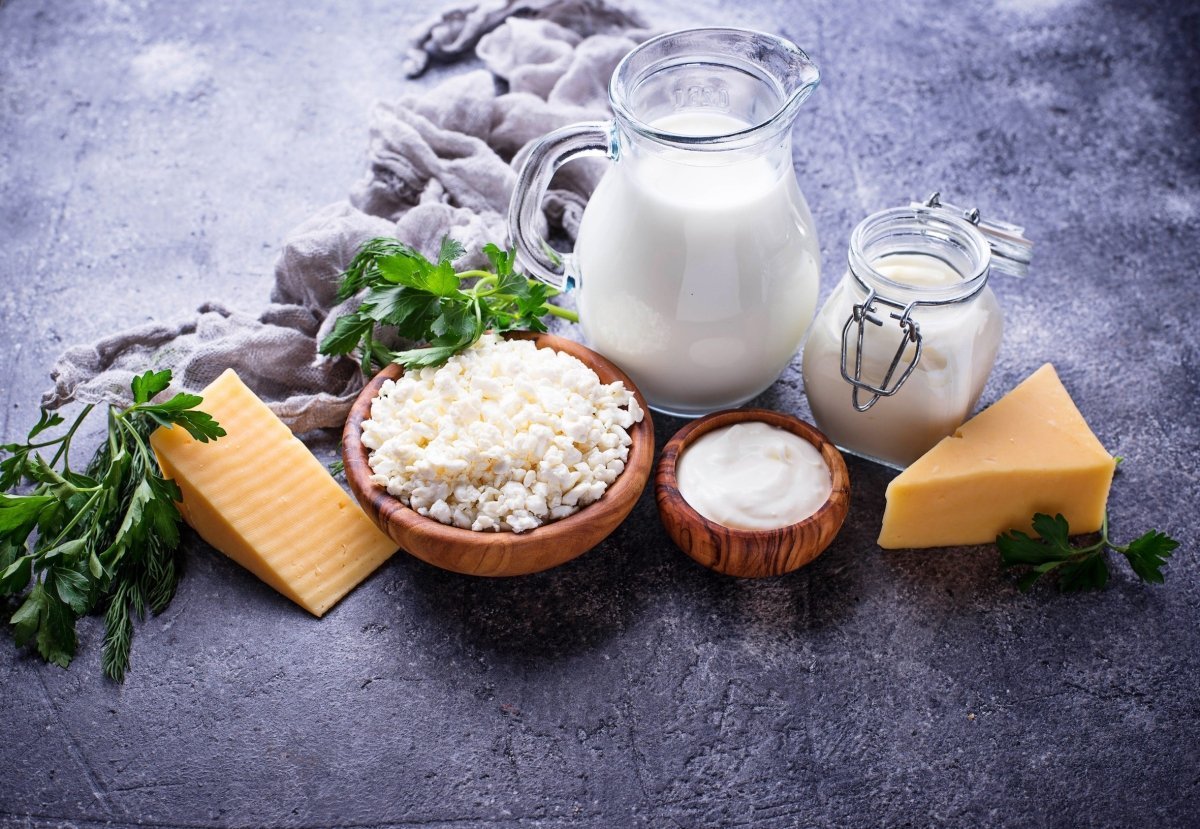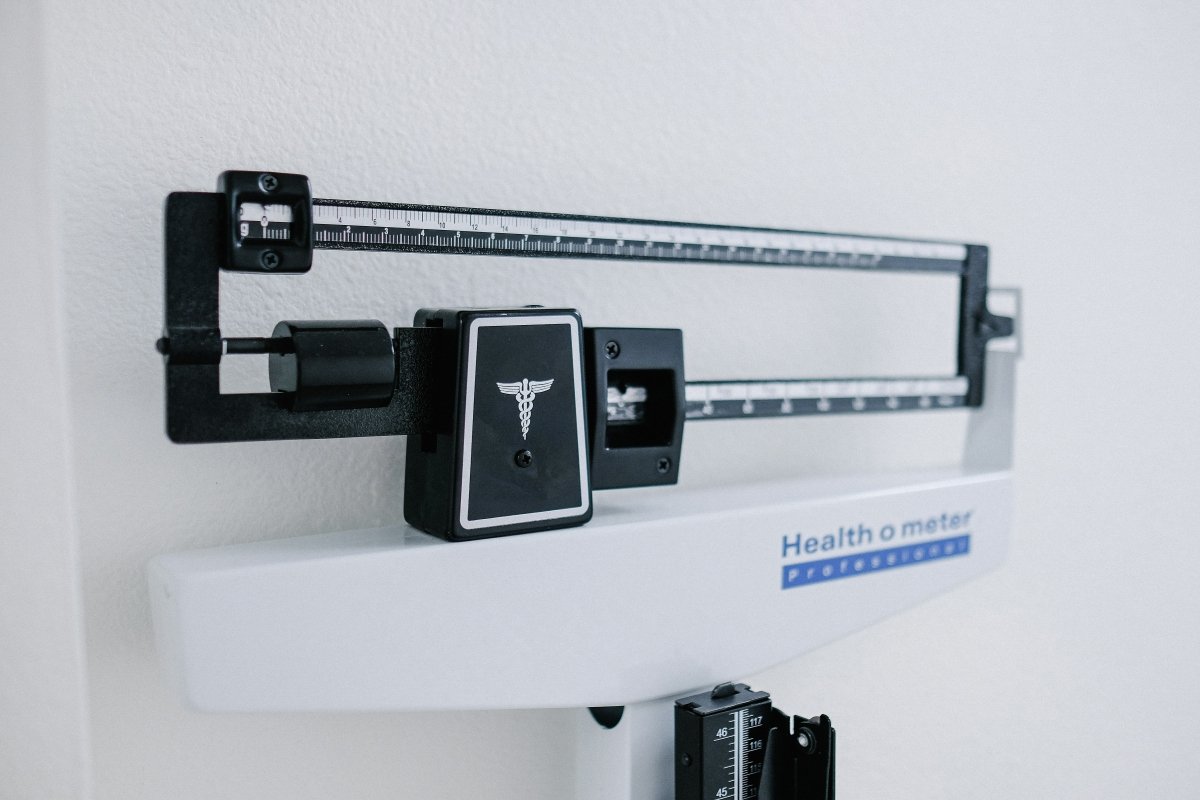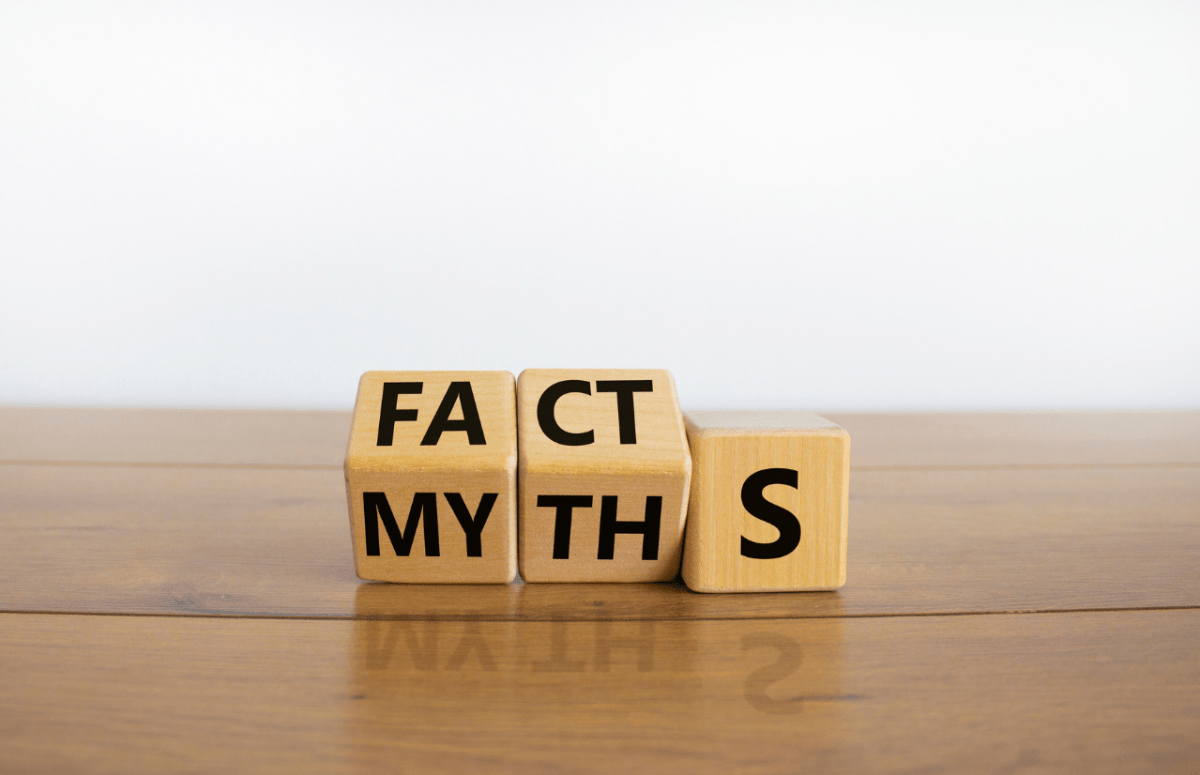Are you - or do you suspect you’re lactose intolerant? These are the symptoms to look out for and some tips on how to live your life without ice cream; don’t worry there are plenty of alternatives.
What even is lactose?
It’s a disaccharide, meaning it’s made up of two sugars, the sugars are glucose and galactose and it's the main carbohydrate found in dairy products.
Dairy products are excellent sources of protein, calcium, vitamins and fat; all essentials to our diet. Calcium is essential for strong bones and the protein is needed to keep our immune system functioning well, and it’s important for growth and repair of your body. Dairy also has vitamin B9 and vitamin B12, both come with a lot of benefits.
However, for some people, lactose doesn’t give them these health benefits. If you’re lactose intolerant, dairy will probably just cause you digestive discomfort.
So how do you know if you’re lactose intolerant?
The sugar in lactose products is broken down in the small intestine into the two sugars mentioned above; glucose and galactose. This process is done so the sugars can be absorbed easily. An enzyme called lactase is in charge of this process.
When your body is unable to fulfil this process, and it can’t break down the sugars. That’s when, you guessed it, lactose intolerance occurs. When there’s not enough or no lactase present to complete the breakdown process, the lactose stays in the digestive system. The bacteria then end up fermenting it in your digestive system. This fermentation process leads to symptoms like bloating, stomach cramps, nausea and diarrhoea. All familiar things to people with lactose intolerance. The severity of the symptoms all depends on the amount of lactose consumed.
What causes lactose intolerance?.
It might be your parents fault that you’re lactose intolerant. I know; unfair. If you want science to back you up when you blame them for the fact you can’t eat gelato, keep reading.
Because it all depends on the MCM6 gene and which variations in the regulatory element you’ve inherited within this gene. Variations in the MCM6 gene are quite common and can lead to lactose intolerance. Part of the MCM6 gene is responsible for the activity off the LCT gene, LCT causes lactose intolerance. DNA tests can look at the expression of LCT, if there is a reduced expression that’s linked to your lactose intolerance.
However, lactose intolerance can also be caused by environmental factors. If your genes suggest you’re tolerant to lactose and you’ve been eating dairy happily for most of your life, you will likely remain tolerant. But if you choose to cut out lactose out of your diet, for example when living a vegan lifestyle, and after that you go back to eating lactose; it can cause discomfort.
So what can I do (eat)?
If you are lactose intolerant, don’t worry.
There are loads of other ways to get your cheese and ice cream fix without the pain. There are more products coming out almost every day, different types of lactose free milk, butter and cheese. You could try almond milk, oat milk, coconut milk or rice milk. There are also several lactose free butters in stores, or you could try ghee as a replacement. For cheese the options are endless, although some might taste different than actual cheese, most are still full of flavour. Lactofree cheese options are usually made from nuts, an option to try is Violife, or you can use nutritional yeast to give your food a cheesy flavour. Some brands that offer lactose free alternatives are Alpro, Oatley and Lactofree.
Research also suggests that lactase enzyme supplements could prevent the symptoms of lactose intolerance, when taken before consuming dairy products. These ensure your body has a decent supply of enzyme to break down the lactose.
In summary: don’t panic, lactose intolerance doesn’t need to cut you off from the ice cream supply. A food Intolerance can let you know for certain if lactose is the cause of your tummy grumbles or not.
#BeCertain
Resources:
MCM6 gene, (2020, June 23). Retrieved from: https://ghr.nlm.nih.gov/gene/MCM6
Lactose intolerance, (2020, February 14). Retrieved from:
https://www.nhsinform.scot/illnesses-and-conditions/nutritional/lactose-intolerance
Lactose intolerance, (2020, June 23). Retrieved from: https://ghr.nlm.nih.gov/condition/lactose-intolerance#inheritance





Share:
Folate Deficiency, are you at Risk?
Vitamin C - The benefits and what’s not to like